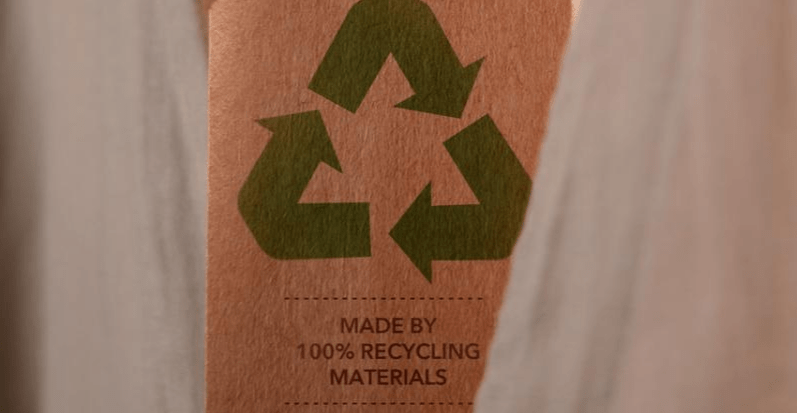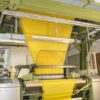
Clothing manufacturers aim to get fashionable with greener practices
Clothes made from recycled textiles are emerging in Europe, highlighting new business opportunities that also reduce the industry’s environmental footprint.
In southern Finland, two textile plants are showcasing a potential future for the industry by converting pre-treated textile waste into cellulosic fibers that closely resemble cotton. This innovative approach is part of the New Cotton Project, an EU-funded initiative aimed at greening the fashion industry by recycling discarded textiles into new clothing. The project, led by Paula Sarsama at Infinited Fiber Company in Espoo, aims to demonstrate the feasibility of a circular economy in the textile sector, where goods are repaired, reused, and recycled.
Textile waste poses a significant environmental challenge, with much of it ending up in landfills, releasing harmful substances like methane and chemicals into the environment. The EU discards an estimated 5.8 million tonnes of textiles annually, highlighting the urgency for sustainable solutions.
The New Cotton Project collaborates with partners like Dutch company Frankenhuis to obtain used textiles. Infinited Fiber works with collectors and sorters across northern Europe to keep transportation emissions low. The waste is transformed into "Infinna," a fiber that closely resembles cotton in texture and appearance.
Leading fashion brands such as adidas and H&M are utilizing the Infinna fiber to create new items, marking a significant milestone for the project. The garments, like an "adidas by Stella McCartney" hoodie and H&M denim jacket, showcase the commercial viability of clothing made from recycled textiles.
Transitioning to a circular economy requires organized collection and sorting of textile waste, as currently, less than 1% of materials used in new clothing come from recycled textiles. Initiatives like the New Cotton Project and the T-REX project, which aims to transform household textile waste into feedstock for new products, are driving collaboration in the sector.
Challenges remain, including harmonizing sorting practices for different materials and involving consumers in responsible disposal. The European Commission's proposed "Digital Product Passport" aims to encourage informed consumer choices, ultimately promoting circular models. The hope is that the knowledge gained from initiatives like the New Cotton Project will drive improvements in textile practices globally.
As Europe takes a leading role in sustainable textile practices, the importance of international collaboration to address these issues on a global scale becomes evident. While Europe is at the forefront of this push for change, solving these challenges requires a unified effort across borders.
Read the original full text of the magazine article here.






Clothing manufacturers aim to get fashionable with greener practices 0 reviews
Login to Write Your ReviewThere are no reviews yet.